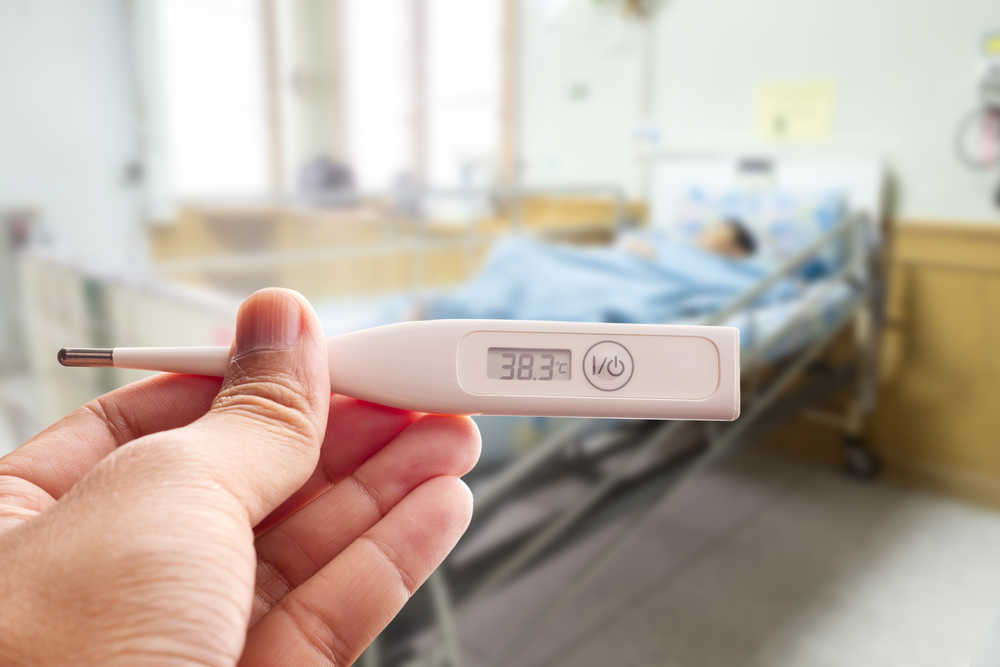Therapeutic Hypothermia: Survival After In-Hospital Cardiac Arrest

Therapeutic Hypothermia: Survival After In-Hospital Cardiac Arrest
ARTICLE REVIEW
Research by Chan et al. indicates that current practices of therapeutic hypothermia (TH) after cardiac arrest are associated with worse outcomes for patients suffering an in-hospital cardiac arrest (1).
Inducing hypothermia in patients is recommended in the early management of cardiac arrest for selected patients (2). Although TH has proven survival advantages mostly in out of-hospital cardiac arrests (3), it is also used in patients suffering in-hospital arrest. (2) However, the effect of inducing hypothermia in this patient population has never been systematically evaluated.
Chan et al. have recently published an article in the Journal of the American Medical Association regarding the relationship between therapeutic hypothermia and in-hospital mortality. Additionally, they looked at differences in the neurological outcomes of surviving patients according to the Cerebral Performance Category score (CPC).
The study cohort was selected from a large US national registry. Patients receiving TH post cardiac arrest were compared to cardiac arrest patients not receiving TH. The patients were closely matched according to the type and location of cardiac arrest, baseline patient attributes (age, gender, race), as well as relevant comorbidities. Patients from the control group also had to have received mechanical ventilation at some point during their treatment.
In the TH group, significantly fewer patients survived to hospital discharge than non-hypothermia treated patients (27.4% vs 29.2%). TH was also associated with a significantly lower rate of favorable neurological in-hospital outcomes, defined as a CPC of 1 or 2 (17.0% vs. 20.5%).
In patients over 65, where relevant data could be assessed, there was no difference in one-year survival between patients treated with hypothermia and those who were not.
Though observational in nature, the results of this study call into question the benefits of treating patients suffering in-hospital cardiac arrests with hypothermia. TH has an established benefit for out-of-hospital arrests, but there is a marked difference in the types of arrest, patient characteristics and timing of treatments compared to in-hospital arrests. The findings by Chan et al. serve as a starting point for further, prospective trials on the role of TH in the management of in-hospital cardiac arrests.
Clinical implications:
• Therapeutic hypothermia is associated with lower survival to hospital discharge for in-hospital cardiac arrests
• The rate of favorable neurological outcomes was lower in patients receiving therapeutic hypothermia
• Therapeutic hypothermia had no measurable impact on one-year survival after in-hospital cardiac arrest
This review has been submitted by ESICM NEXT members Max Rosenthal and Mario Menk.
References
1. Paul S. Chan, Robert A. Berg, Yuanyuan Tang, et al Lesley H. Curtis, John A. Spertus, for the American Heart Association’s Get With the Guidelines–Resuscitation Investigators. Association Between Therapeutic Hypothermia and Survival After In-Hospital Cardiac Arrest. JAMA. 2016;316(13):1375-1382. doi:10.1001/jama.2016.14380
2. Callaway CW, Donnino MW, Fink EL, et al. Part 8: post-cardiac arrest care: 2015 American Heart Association guidelines update for cardiopulmonary resuscitation and emergency cardiovascular care. Circulation. 2015;132(18)(suppl 2):S465-S482.
3. Bernard SA, Gray TW, BuistMD, et al. Treatment of comatose survivors of out-of-hospital cardiac arrest with induced hypothermia. N Engl J Med. 2002;346(8):557-563.